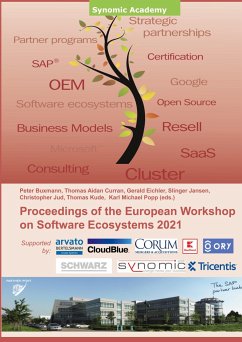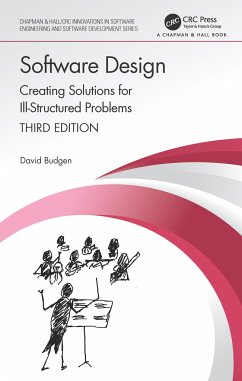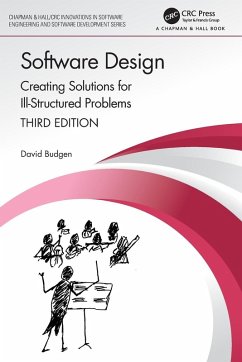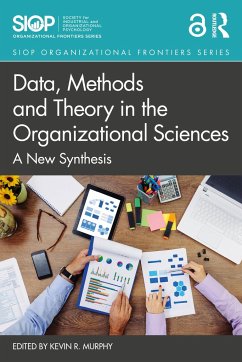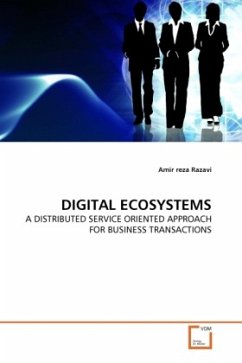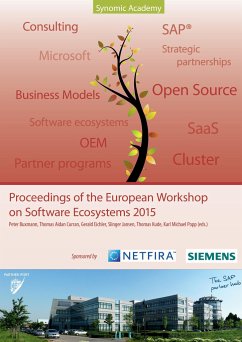
Speed, Data, and Ecosystems
Excelling in a Software-Driven World
Versandkostenfrei!
Versandfertig in 6-10 Tagen
45,99 €
inkl. MwSt.
Weitere Ausgaben:

PAYBACK Punkte
23 °P sammeln!
As software R&D investment increases, the benefits from short feedback cycles using technologies such as continuous deployment, experimentation-based development, and multidisciplinary teams require a fundamentally different strategy and process. This book will cover the three overall challenges that companies are grappling with: speed, data and ecosystems. Speed deals with shortening the cycle time in R&D. Data deals with increasing the use of and benefit from the massive amounts of data that companies collect. Ecosystems address the transition of companies from being internally focused to be...
As software R&D investment increases, the benefits from short feedback cycles using technologies such as continuous deployment, experimentation-based development, and multidisciplinary teams require a fundamentally different strategy and process. This book will cover the three overall challenges that companies are grappling with: speed, data and ecosystems. Speed deals with shortening the cycle time in R&D. Data deals with increasing the use of and benefit from the massive amounts of data that companies collect. Ecosystems address the transition of companies from being internally focused to being ecosystem oriented by analyzing what the company is uniquely good at and where it adds value.






